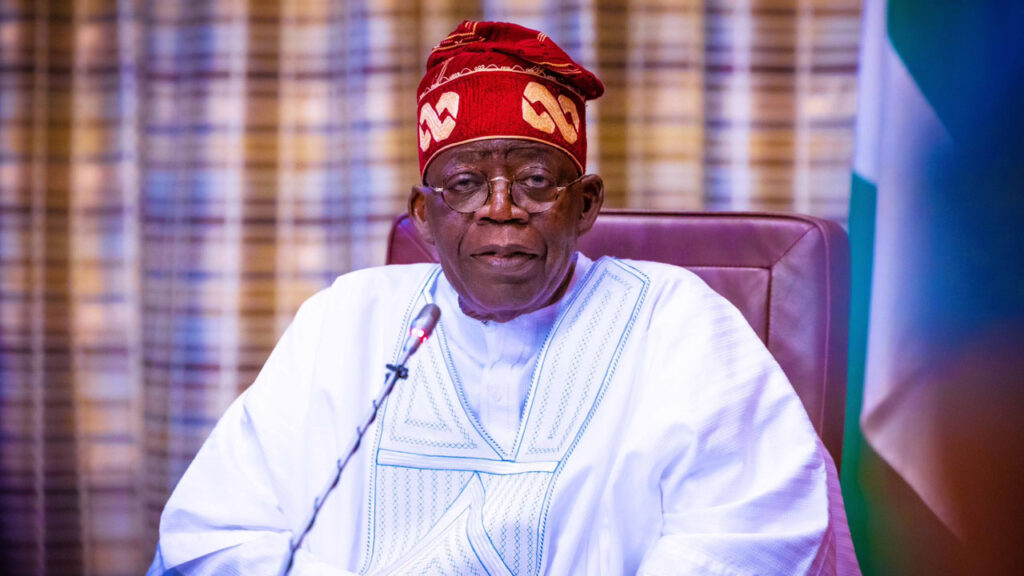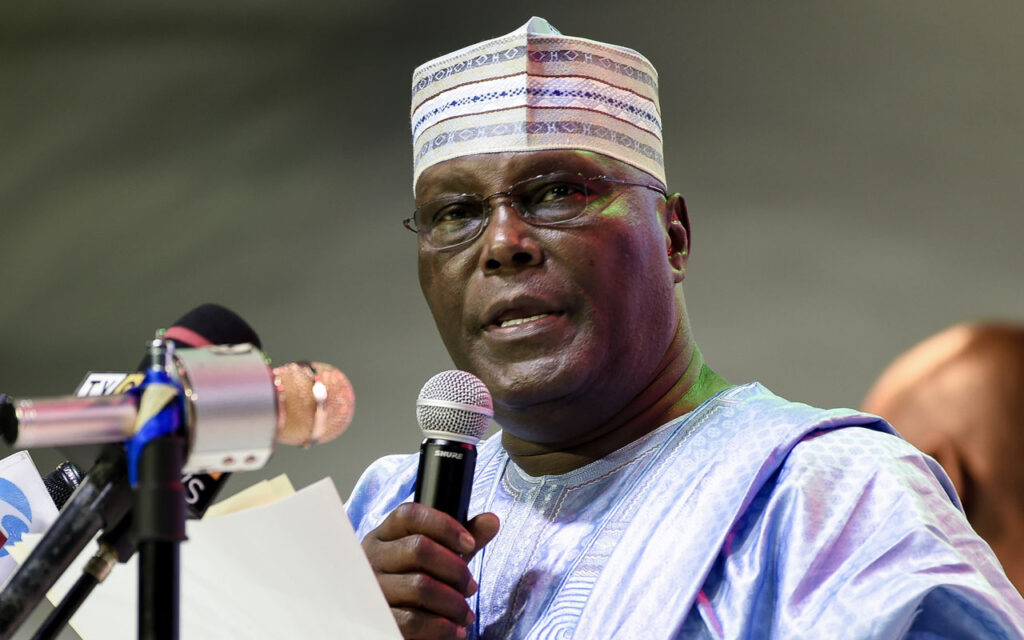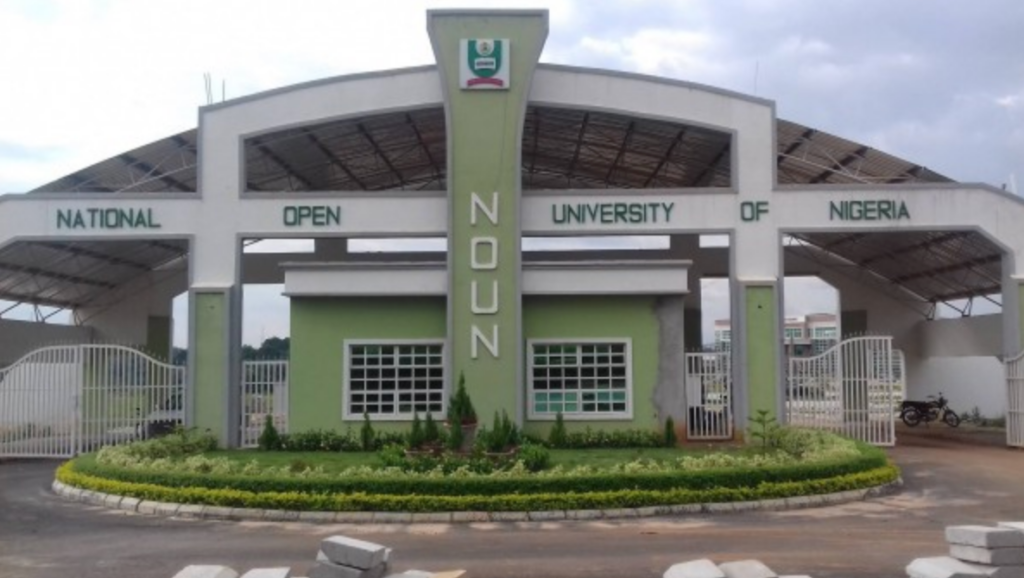Thirty years after the United Nations General Assembly’s decision proclaiming an International Day for Press Freedom, media professionals, scholars and researchers have stressed the need for state actors to respect freedom of expression as enshrined in the 1999 Constitution (as amended).
Chapter 4, Section 39 of the Constitution stated: “Every person shall be entitled to freedom of expression, including freedom to hold opinions and to receive and impart ideas and information without interference.”
Similarly, Article 19 of the Universal Declaration of Human Rights (UDHR) submitted: “Everyone has the right to freedom of opinion and expression, the rights include freedom to hold opinions without interference and to seek, receive and impart information and ideas through any media and regardless of frontiers.”
With the them, “Shaping a Future of Rights: Freedom of expression as a driver for all other human rights,” the professionals maintained that freedom of expression must be safeguarded, adding that it is important to hold public office holders accountable and sustain democratic culture.
In recent times, it is observed freedom of expression is criminalised. For instance, the National Broadcasting Commission (NBC) has repeatedly sanctioned broadcast stations for breaching the broadcasting code.
This development has led to public backlash, with the regulator accused of gagging press freedom and free speech.
Also, Amnesty International Nigeria has observed that right to freedom of expression by young Nigerians is under attack.
The group observed: “Nigerians face the risk of arrest and detention simply for expressing critical opinions online. We must come together and say ’no’ to criminalisation of freedom of expression online. Take action now.”
In an interview with The Guardian, journalist, author and rights activist, Chido Onumah said the theme of this year’s Press Freedom Day was apt, as it challenged both the country and journalists to sustain democracy.
For any society, he said freedom of expression is basic for every individual and journalist.
Once a society loses that, Onumah added that everything has been lost.
Describing democracy as the ability to express oneself, he noted it is when one is able to express himself or herself that development could be discussed.
The activist said: “If you relate that to journalism as a profession, the significance becomes more important in the sense that journalists have the constitutional duties to speak on behalf of the citizens. They have to enjoy that right so that they hold government to account, expand frontiers of democracy and rule of law.
“We have to guard it jealously and ensure that no government tramples on it.”
With specific reference to NBC, he argued that when a regulator begins to limit frontiers of freedom of expression, journalists must continue to push, advocate, sensitise the masses, civil societies and government agencies on the need to change the narrative.
Admitting that fight would not be easy, Onumah noted: “They know the moment they are able to restrict journalists, they can do things with impunity.
“I think it calls for strengthening of institutions like the Nigeria Union of Journalists (NUJ), Nigerian Guild of Editors (NGE), Broadcasting Organisation of Nigeria (BON), Newspaper Proprietors’ Association of Nigeria (NPAN) and Nigeria Association of Women Journalists (NAWOJ).
He emphasised the need for the institutions to pull their weight “because the regime of having a regulator to slam crazy bill on a radio or television station could not continue.”
Communications scholar and Vice Chancellor, Federal University, Kashere, Gombe State, Prof. Umaru Pate, stated: “You cannot criminalise freedom of expression and expect the society to be free.”
Noting that media freedom is an enabler for other freedom, he added that once the media is not free, other freedoms are definitely endangered.
“We have to continue advocating. Nobody will give you freedom on a platter. The media and other human rights groups must continue to push, even if it means lobbying the legislature, “ Pate advised.
Media Rights Agenda (MRA) Programmes Director, Ayode Longe, said media freedom is a function of freedom of expression. Without media freedom, he noted the press could not report fairly, impartially and truthfully.
“It cannot even report the whole truth because it will be afraid of certain persons, who wield influence and power. As a result, the people will not be adequately informed,” he noted.
To him, freedom of expression allows for enjoyment of other rights.
He insisted that rights to life, privacy, political participation and dissent are only possible when the right to freedom of expression is guaranteed.
“A virile opposition is only possible in a true democracy, without the guarantee of the right to freedom of expression, there can be no virile opposition. Access to information is an allied freedom of expression right and access to information ensures meaningful political participation, which is essential in a true democracy,” he submitted.










